Tang Yao ’25
Biomedical Engineering, School of Life Science and Technology
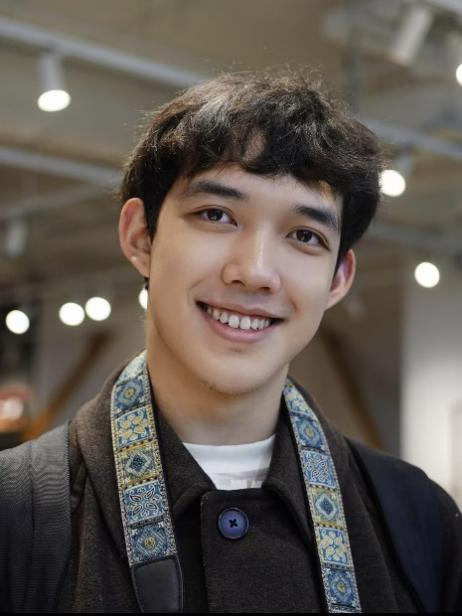
College: Dadao College
High school: The High School Affiliated to Yunnan Normal University
Post-graduation destination: California Institute of Technology, PhD in Medical Engineering and Electrical Engineering (Fully Funded)
On-campus experiences:
Outstanding individual in social engagement in Wase, Yunnan Province
Leader of the Photography Club, organizing ShanghaiTech’s first humanities photography exhibition
Teaching assistant for courses: Reading and Criticism in Novel, Literature and Film from a Gender Perspective, Narrative Art in Comparative Perspective
International exchange:
Engaged in research as a visiting student at the University of Pennsylvania (UPenn)
Hobbies and interests:
Photography, film, table tennis, League of Legends, Valorant
Graduation message:
Start your journey when you understand 50% of your future possibilities. Striding too early risks losing direction due to immaturity, while waiting too long leads to stagnation from overthinking. Holding a dream and encountering an opportunity outweigh countless nights of empty imagination.
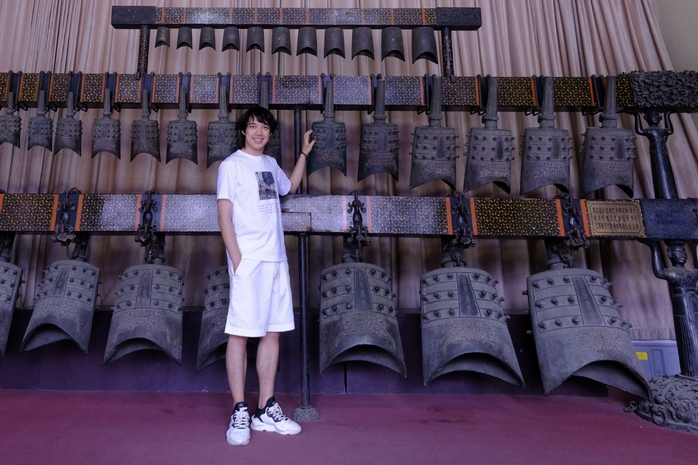
Personal statement
My passion for biomedical engineering was sparked by the Blade Runner series and the game Cyberpunk 2077, which depict a near-futuristic world where technology reshapes humanity. The core of cyberpunk—prosthetic technology and brain-computer interfaces (BCIs)—captivated me with its vision of limitless human potential.
I chose ShanghaiTech and started my campus life with the desire to engage in research in biomedical technology. My first year was the year to broaden my horizons. I strengthened my mathematical and scientific foundation through rigorous coursework, and applied theoretical knowledge through projects in courses such as Introduction to Information Science and Technology and Introduction to Life Sciences. Through the process, I quickly mastered Python programming and circuit design. It is worth mentioning that many professors are willing to discuss cutting-edge research in life science and electronic information with students, planting the seeds of scientific curiosity in first-year students.
In my second year, I joined Assistant Professor Yu You’s group, focusing on electronic skin (e-skin). While the team was in an early stage, we worked closely, often conducting experiments late into the night. Despite support from the professor and upperclass groupmates, I had difficulty in formulating a scientific goal from scratch. Cyberpunk-like imagination in research is beautiful while reality is challenging. ShanghaiTech’s interdisciplinary curriculum allowed me to take courses from other schools like AI in Medical Imaging, Embedded Systems, Neuroelectrophysiology and Brain-Computer Interfaces, and Neural Signal Processing and Data Analysis. These enriched my knowledge and hands-on skills, enabling me to design complex bioelectronic systems.
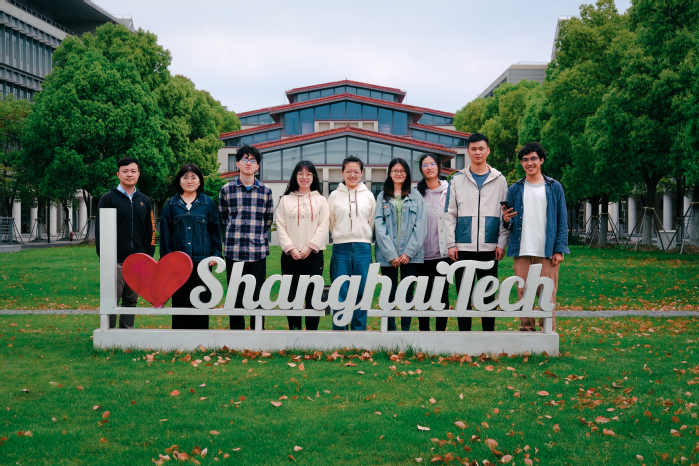
Group photo of Prof. Yu You’s team
Over the next two years, I collaborated with senior lab members, integrating knowledge in electronic and information engineering, computer science, biology, and materials science to develop a flexible prosthetic system with tactile feedback for amputees. Using electromyography (EMG) signals, the system enabled complex gestures. Based on the knowledge of deep learning, I proposed a transfer learning strategy to calibrate the system with minimal gesture repetitions, addressing accuracy issues caused by electrode misalignment by amputees.
Our goal was clinical application. Through hospital collaborations, we refined algorithms and upgraded hardware to overcome challenges like weak EMG signals and delays. When witnessing a patient successfully grasp a plastic bottle with our prosthetic, I was filled with pride—our research was making a real impact.
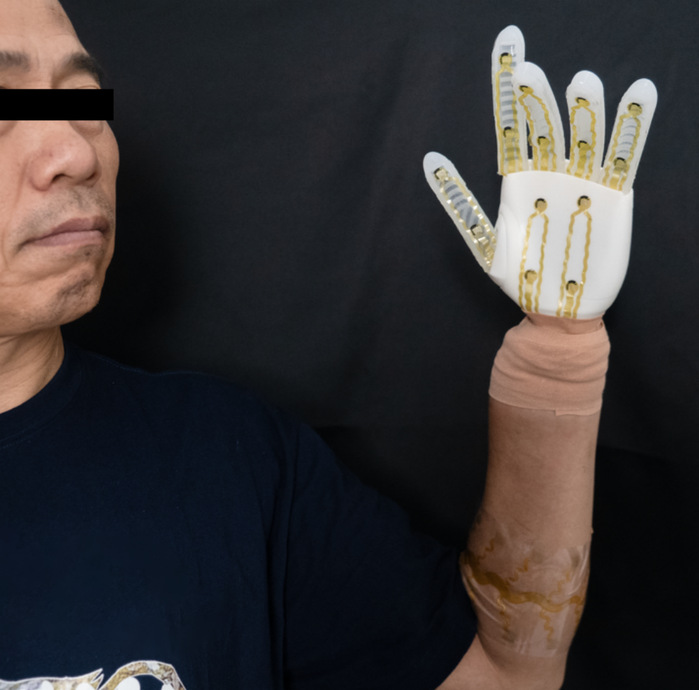
The prosthetic arm we develop
To explore invasive BCIs, I followed my strong interest in implantable bioelectronics. In my junior year, I participated in a summer research program at UPenn’s School of Engineering and Applied Science. My interdisciplinary research experience enabled me to excel in UPenn’s cross-disciplinary projects, earning high praise from professors.
Looking ahead, I aim to advance BCI research, focusing on stable, long-term brain electrodes to minimize the impact of implantable devices. This work has both medical and clinical potential, driving BCI technology toward widespread use. ShanghaiTech’s rich academic resources and its commitment to nurturing undergraduate researchers have been instrumental in my journey, embodying its innovative spirit.
From the sci-fi inspiration of Blade Runner to developing flexible prosthetics and pursuing cutting-edge BCI research, my journey bridges imagination and reality. With a belief in creating technology that is both precise and human-centered, I will continue to pioneer in human-machine interaction.
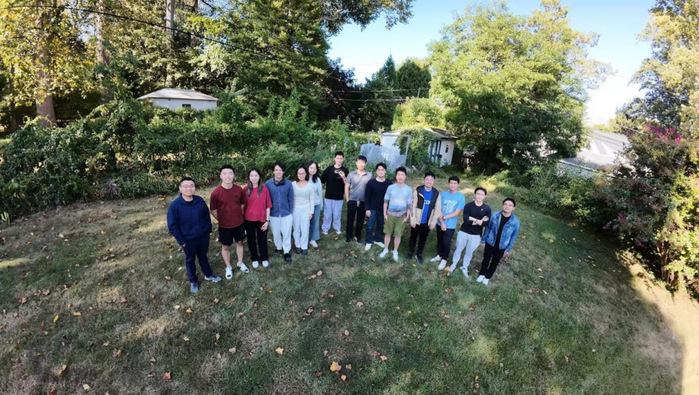
Group photo of the research during my summer program at UPenn
Message to underclass students:
The courage to chase dreams amidst uncertainty is a precious quality of youth. For idealists, a spark of light is reason enough to start. ShanghaiTech offers a stage for bold ideas, with its vibrant academic atmosphere and abundant resources. Embark on your journey as a grounded idealist!

